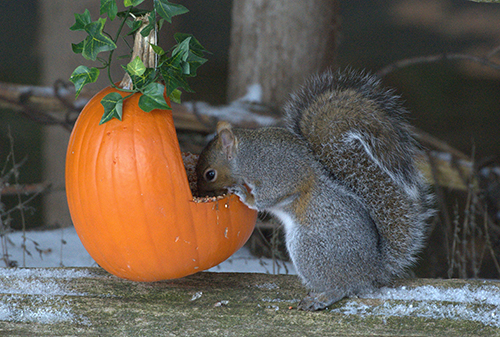Six Ways to Recycle Your Halloween Pumpkins
Nov 01, 2022

Wondering what to do with your perfectly carved pumpkins after the Halloween festivities are over? Don’t let your jack-o-lanterns go to waste! There are plenty of ways to recycle your pumpkins this year — even those that are looking a little shriveled and sunken.
Keep reading for six eco-friendly ideas for repurposing, reusing, and recycling your Halloween pumpkins.
Your local Co-op is a great source for seasonal supplies and advice! For more content like this, check out the latest issue of The Cooperator.
Keep reading for six eco-friendly ideas for repurposing, reusing, and recycling your Halloween pumpkins.
- Eat them yourself
- Feed the birds
- Create compost
- Feed the wildlife
- Create a chicken snack
- Plant the seeds
Your local Co-op is a great source for seasonal supplies and advice! For more content like this, check out the latest issue of The Cooperator.